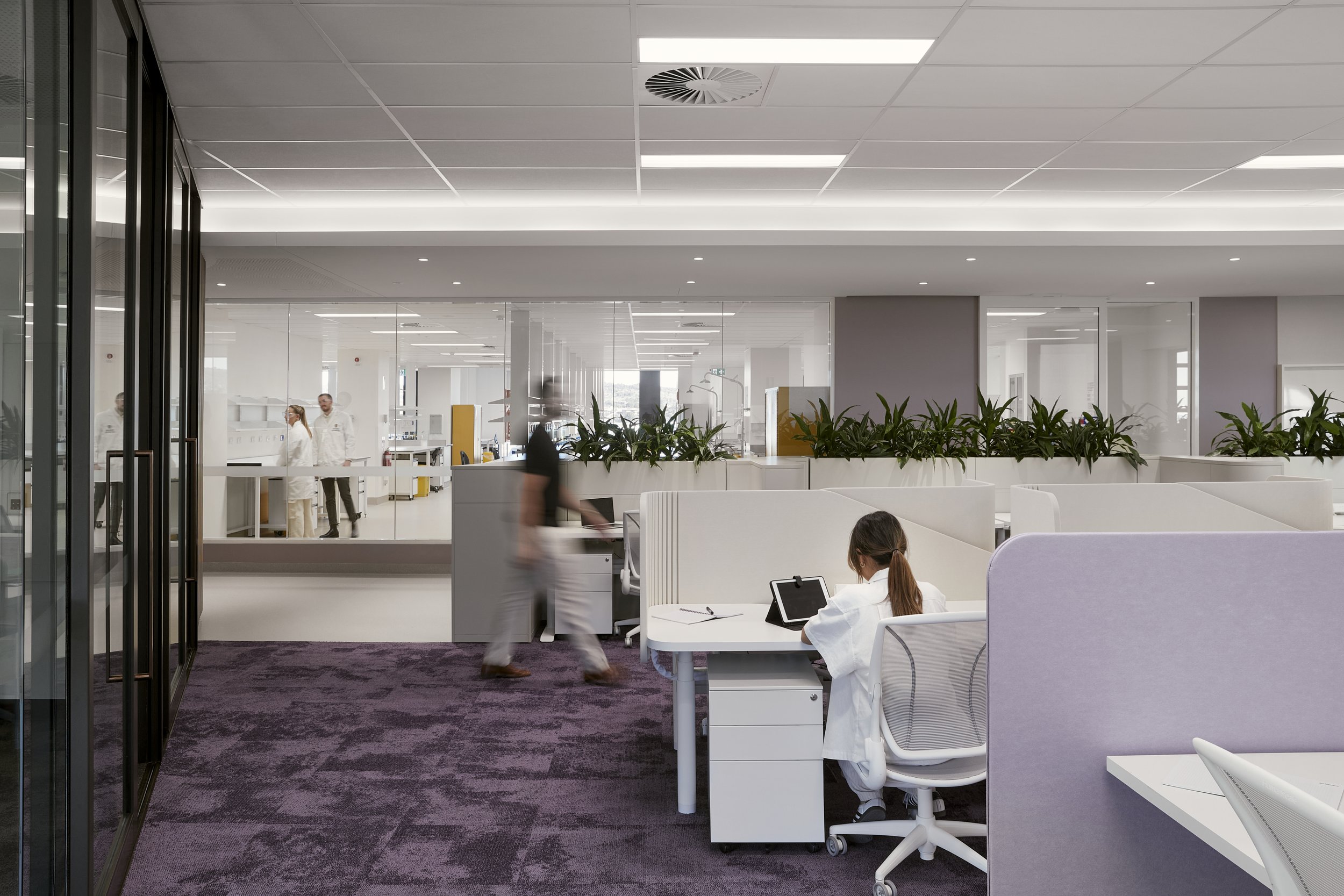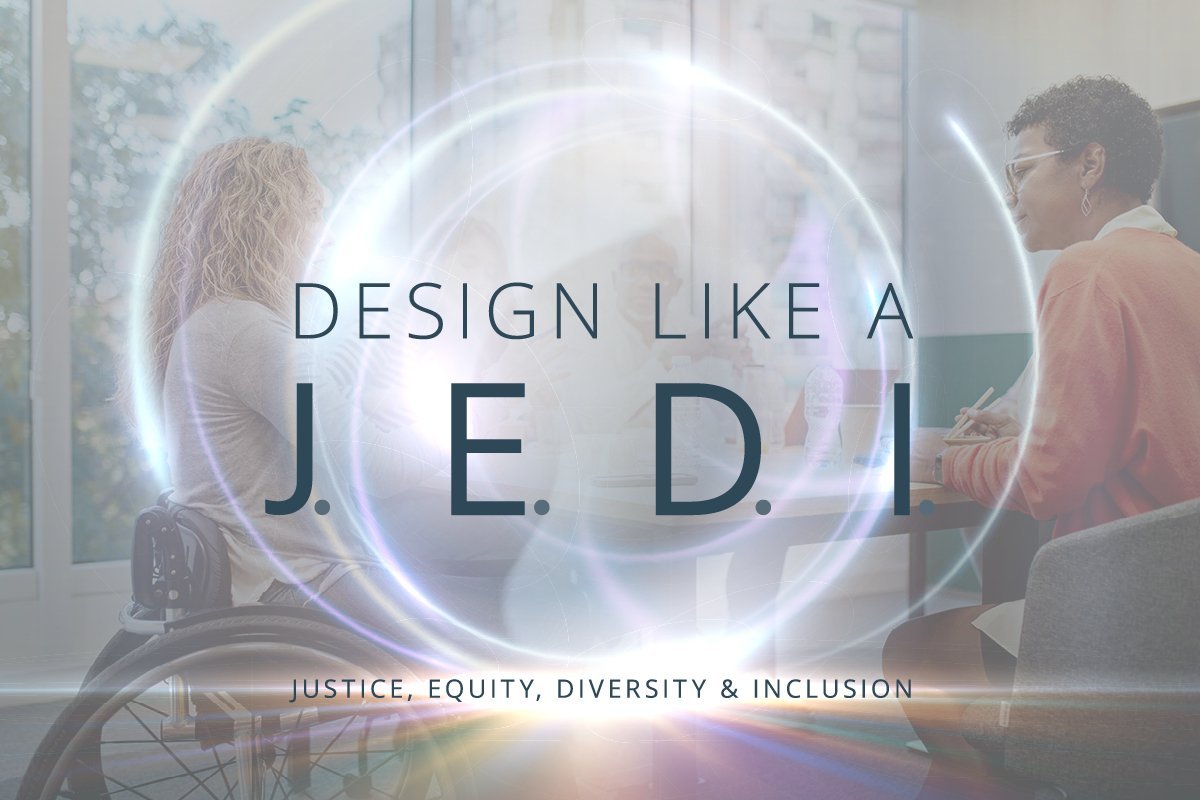[[bpstrwcotob]]

Webinar Review: Strategies to Keep Lab Projects Moving Forward Amid Funding Uncertainties
Lab Design’s webinar panel on shifting federal funding provides insights on navigating uncertainty, highlighting flexible design strategies, alternative funding options, and actionable steps institutions can use to keep lab projects on track

Professional Profile: Matt Malone
Lab Design News spoke to Matt Malone, science and technology practice leader at Perkins&Will, about how his multidisciplinary experience—from architect to developer—shapes his holistic approach to lab planning, fuels his commitment to end-user collaboration

Professional Profile: Steve Reynolds
Lab Design News spoke to Steve Reynolds, vice president of civil engineering with Original Survey Solutions, about his deep-rooted interest in land development, key moments that shaped his career, and the emerging trends influencing the future of lab design

Flinders University Redefines Lab Interiors, Clinches Design Excellence Award
Flinders University’s Health and Medical Research Building earned the 2025 Design Excellence Award for Interior Design, recognized for its innovative integration of adaptable laboratory spaces, biophilic elements, and culturally informed design that supports collaborative medical research

Design Like a J.E.D.I.: You Belong Here—How Courage, Representation, and Leadership Create Space for Us All
Dr. Shamika Kelley is transforming New Orleans' forensic lab not only through empathetic leadership and wellness-focused culture, but by directly influencing the physical lab space—expanding staff capacity, bringing DNA analysis in-house with advanced equipment, and ensuring the layout supports both operational excellence and human-centered design

Professional Profile: Jamie Huffman
Lab Design News spoke to Jamie Huffman, science + technology project director at Taylor Design, about how his passion for ecology, design, and human-centered collaboration shapes his approach to lab planning and drives his vision for creating science environments that are both impactful and deeply connected to the natural world

Across the Table: You’re WHAT?
Employee turnover is inevitable—often sudden and disruptive—so companies must proactively plan for it by developing succession strategies and fostering supportive work environments to avoid chaos when key staff leave

Designing Change: How Women in Lab Design Are Building Inclusive Futures
At Lab Design’s 2025 Women in Lab Design Digital Conference, HDR Australia’s panelists shared personal stories and insights on career growth, representation, and inclusion in the lab design field, emphasizing the power of visibility, mentorship, and intentional workplace culture in creating more equitable opportunities for women

Design Like a J.E.D.I.: The House That Nancy Built
Nancy Crump Wahl's leadership in forensic science, particularly in the Scottsdale Police Department's Forensic Services Division, reshaped forensic lab practices in Arizona by building systems, fostering a culture of trust, and prioritizing the development of people, all while advancing the integrity and impact of forensic services

Beyond the Webinar: Expert Insights on Fume Hood Risk Mitigation
Fume Hood Risk Mitigation Digital Conference speaker Coryne Casey reviews her “Ask Me Anything” webinar, now available on demand—read about her key webinar takeaways, unanswered questions, and insights on future trends in lab design for fume hood safety
